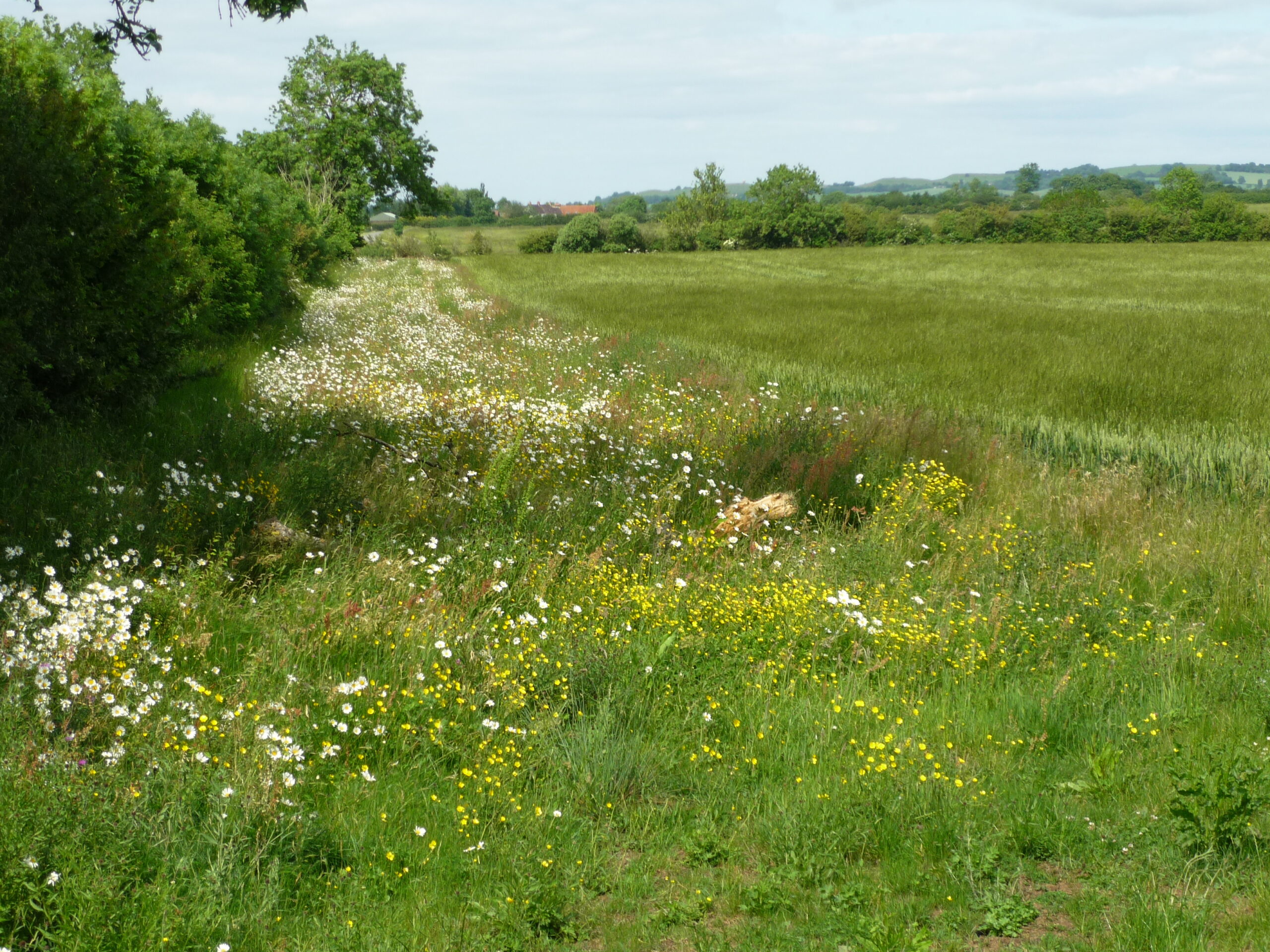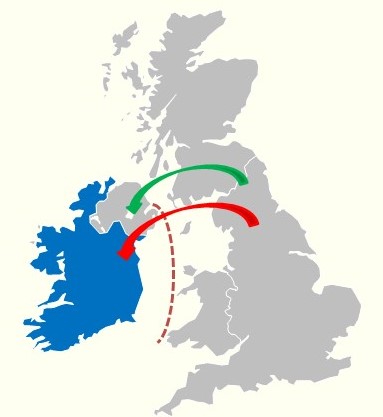Agricultural Property Relief
It has been confirmed that the existing scope of Agricultural Property Relief (APR) will be extended to include land managed under agri-environmental agreements. Qualifying land must be managed under an agreement with, or on behalf of, the UK Government, Devolved Administrations, Public Bodies, Local Authorities or approved Responsible Bodies. The latter relates to the new Conservation Covenents. The extension applies to all parts of the UK and is to be effective for transfers (lifetime or on death) from 6th April 2025. This means farmers and landowners taking part in such schemes, which in England covers the Sustainable Farming Incentive, Countryside Stewardship (Environmental Stewardship) and Landscape Recovery, as well as the England Woodland Creation Offer and other similar schemes will be eligible for APR and exempt from Inheritance Tax.
For land to be eligible, it must have been agricultural land for at least two years immediately prior to the land use change. HMRC will provide guidance on the necessary evidence in due course, but this is not expected to be too onerous as, in some cases, a considerable amount of time may have passed before it is required. The relief will be available where there is an agreement in place for the environmental land management scheme on or after 6th March 2024. This includes an agreement entered into before 6th March 2024 if it remains in place on or after 6th March 2024. Furthermore, the relief will continue to be available where an agreement has finished. On the conclusion of an agreement it may be possible to return the land to agricultural use, but if this is not the case, it will still be eligible if the land continues to be managed in a way that is ‘consistent with that agreement’.
In terms of buildings, including farmhouses, being used in connection with the environmental land, they will qualify for APR where ‘that building is occupied with, and that occupation is ancillary to, environmental land’. As currently, they must be of a ‘character appropriate to the environmental land’ to qualify for the relief.
Business Property Relief (BPR)
There will be no change to BPR. The Government has confirmed if the land is still used in the business and the overall business is not mainly making or holding investments, BPR could be available. Furthermore, land that is used to generate Carbon Units via the Woodland Carbon Code or the Peatland Carbon Code should qualify for BPR.
The announcement follows a consultation by the Government announced in last year’s Budget. It will remove a significant barrier to Tenant farmers entering schemes by removing the risk that Tenants’ participation will endanger Landlord’s eligibility for APR over that land. We had been anticipating that APR would extend to cover at least land entered into the SFI in England as this scheme is one that farmers are told can be entered into ‘alongside’ commercial farming. This announcement goes beyond that and removes the ‘APR barrier’ for land owners entering longer-term agri-environmental schemes.

 Cereals farms on AHA Tenancies after quite a large decline in 2021 have seen an increase, although not back up to 2020 levels. In contrast Cereal FBT rents continue to fall. It’s a similar picture for General Cropping Farms, with an increase for AHA rents, but a continual decline for FBT rents. Rents for Dairy land remain strong, particularly FBT rents. LFA Grazing rents show a very confusing picture, with a strong uplift in FBT rents but a significant fall in AHA rents. Lowland Grazing Livestock rents also show a fairly large decline for those on AHAs, whereas FBT rents remain fairly steady over the year.
Cereals farms on AHA Tenancies after quite a large decline in 2021 have seen an increase, although not back up to 2020 levels. In contrast Cereal FBT rents continue to fall. It’s a similar picture for General Cropping Farms, with an increase for AHA rents, but a continual decline for FBT rents. Rents for Dairy land remain strong, particularly FBT rents. LFA Grazing rents show a very confusing picture, with a strong uplift in FBT rents but a significant fall in AHA rents. Lowland Grazing Livestock rents also show a fairly large decline for those on AHAs, whereas FBT rents remain fairly steady over the year.








